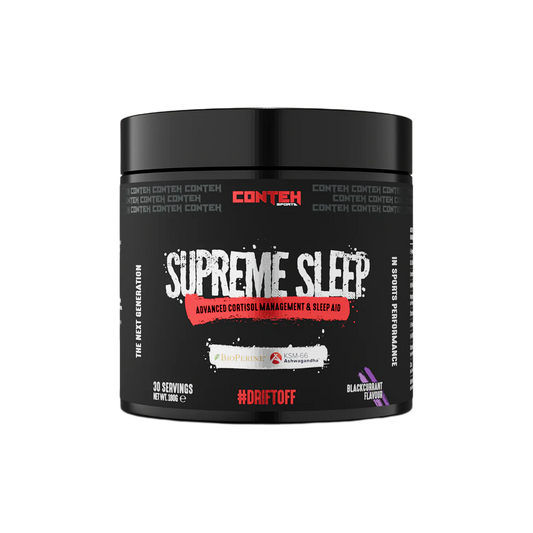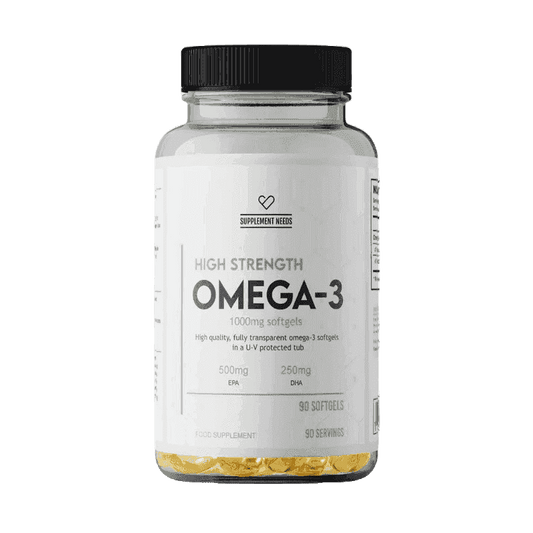Omega-3 fatty acids are vital for heart health, brain function, skin glow, and mood balance. But with oily fish, farmed fish, and supplements all in play, is a daily fish-oil capsule really necessary? This guide cuts through the confusion, answers your top questions, and highlights four must-have Uncle Gym products.
1. Is Omega-3 Good for Weight Loss?
Omega-3s support weight management by:
-
Improving insulin sensitivity for better nutrient use
-
Boosting fat oxidation at the cellular level
-
Reducing inflammation, aiding recovery and lowering water retention
-
Increasing satiety when taken with meals
Tip: Use your omega-3 alongside a moderate calorie deficit and regular exercise to help reveal lean tissue.
2. Should I Take Omega-3 If I Eat Fish Every Day?
If you’re eating wild-caught salmon, mackerel, or sardines 3–4× weekly, you may meet EPA/DHA targets. But:
-
White fish and farmed fish often contain far less omega-3.
-
Contaminant concerns (mercury, PCBs) can limit safe fish intake.
A daily capsule like Supplement Needs Omega 3 guarantees clean, consistent EPA/DHA.
3. What Are the Benefits of Omega-3?
-
🧠 Brain & Mood: Supports neurotransmitters; may ease depression and anxiety.
-
❤️ Heart Health: Helps maintain healthy blood pressure, triglycerides, and cholesterol balance.
-
✨ Skin & Hair: Hydrates from within, calms inflammation, and strengthens follicles.
-
🤰 Women’s Health: Eases PMS, balances hormones, and supports fetal brain development.
-
🦴 Joints & Recovery: Speeds repair and soothes aches post-workout.
4. Is There a Downside or Side Effect?
Most tolerate omega-3 well. Possible issues:
-
Fishy burps – solve with enteric-coated capsules.
-
Mild digestive upset at very high doses.
-
Blood-thinning effects – consult your doctor if on anticoagulants.
Supplement Needs Omega 3 uses pure, molecularly distilled oil to minimise aftertaste and impurities.
5. How to Know If You’re Deficient?
Look for:
-
Dry, flaky skin
-
Brain fog or poor concentration
-
Joint stiffness or pain
-
Mood swings
-
Brittle nails/hair
Most UK diets fall short—if in doubt, start a daily capsule of Supplement Needs Omega 3.
6. Does Omega-3 Help with Anxiety, Depression, or Mood?
Yes—especially EPA, which modulates serotonin and dopamine pathways. Studies show that supplementing can significantly reduce depressive symptoms when used alongside lifestyle measures.
Stack Tip: Combine with Reflex Nutrition Acetyl-L-Carnitine for enhanced mental clarity and energy metabolism.
Conclusion
For most people, a daily omega-3 supplement is a simple, research-backed way to boost heart, brain, skin, and joint health—especially when diet alone can’t guarantee enough EPA/DHA. Round out your regimen with a multivitamin and recovery aid for complete support.
FAQ: Omega-3, Daily Use & Side Effects
1. Can you take omega-3 every day?
Yes, daily supplementation is recommended for consistent health benefits.
2. What’s the ideal omega-3 daily dosage?
A combined daily intake of 250–500mg of EPA and DHA is generally advised.
3. Are there side effects to omega-3?
Some may experience mild digestive issues; high doses can have blood-thinning effects.
4. What’s the best source of omega-3?
Oily fish and high-quality fish oil supplements are excellent sources.
5. Does omega-3 help with anxiety or depression?
Studies suggest omega-3s, particularly EPA, can alleviate symptoms of mood disorders.
6. What are omega-3 deficiency symptoms?
Symptoms include dry skin, joint pain, and cognitive difficulties.
7. What’s the difference between fish oil and omega-3?
Fish oil is a source of omega-3 fatty acids, primarily EPA and DHA.
8. Is omega-3 good for skin and hair?
Yes, it supports skin hydration and hair strength.
9. Do I need omega-3 if I already eat fish?
If your diet includes sufficient oily fish, supplementation may not be necessary.
10. Is omega-3 especially important for women?
Yes, it supports hormonal balance and fetal development during pregnancy.




